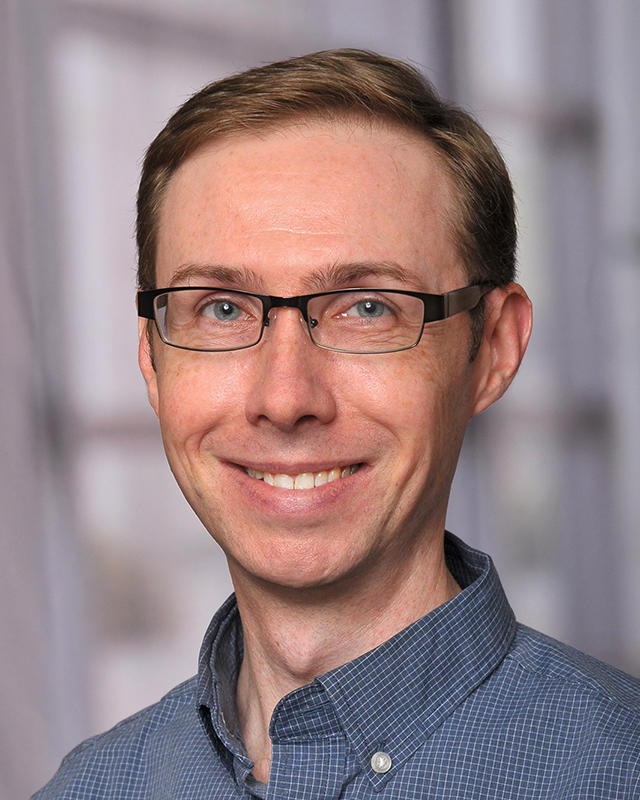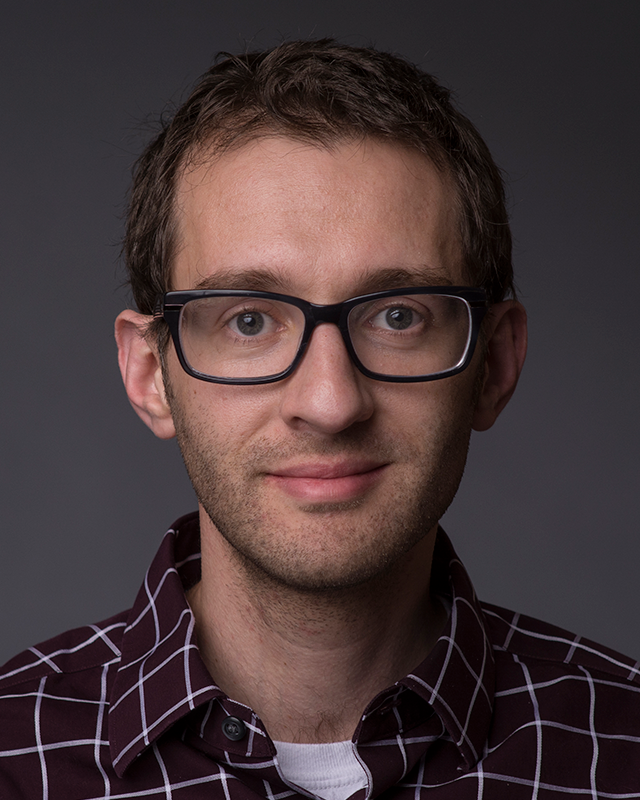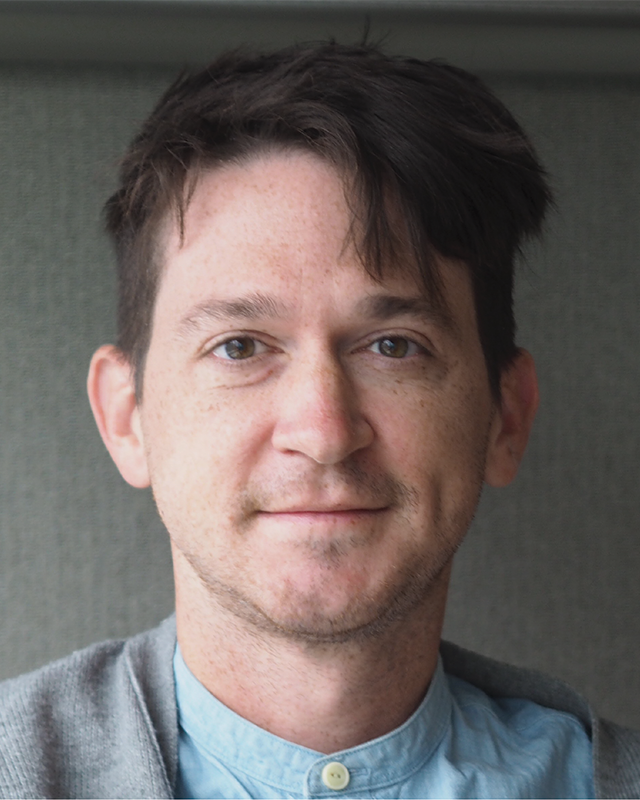On August 24, the NICHD Office of Education offered a professional development workshop for fellows who are interested in academic careers. During the small-group discussion, held via Zoom, tenure-track investigators working in research- and teaching-intensive institutions shared their experiences in their positions. Enjoy a few words of wisdom on applying and interviewing for academic jobs from the three speakers.
Jason Wester, PhD

Assistant Professor, Ohio State University College of Medicine
Dr. Wester is a former postdoc of the McBain lab, where he began applying for academic jobs during his fifth year.
“You’ll always find a reason you’re not competitive enough, but don’t use excuses to wait. Just dive right in and see what happens,” Dr. Wester said. “They want someone who has good ideas, who’s going to compliment what their group does. You need to bring a new angle to what that group is doing. You need to sell them on [how] what you’re doing is cutting edge and exciting. It’s not about what techniques you know, but what you’re going to do with them.”
Keith Feigenson, PhD

Assistant Professor of Psychology, Albright College
Dr. Feigenson is in a teaching-intensive position, where he finds satisfaction in teaching students the true meaning of science through research practice.
“You have to fail sometimes to learn how to succeed,” Dr. Feigenson assured. “Don’t worry about that. It’s a learning experience. The first interview is usually the one that’s most stressful. Once you know what to expect, it comes easier… If you get the in-person interview, you are competitive. That’s how you know you made it over the hump.”
Daniel Denman, PhD

Assistant Professor, University of Colorado School of Medicine
Dr. Denman has a research-intensive academic job. When he was awarded his K99/R00 funding after accepting his academic position, he deferred for a year to meet the mentored training component of the grant.
“The fact that I had applied for funding was just as important as if I had gotten it. It showed I was engaged in the system,” Dr. Denman emphasized.
